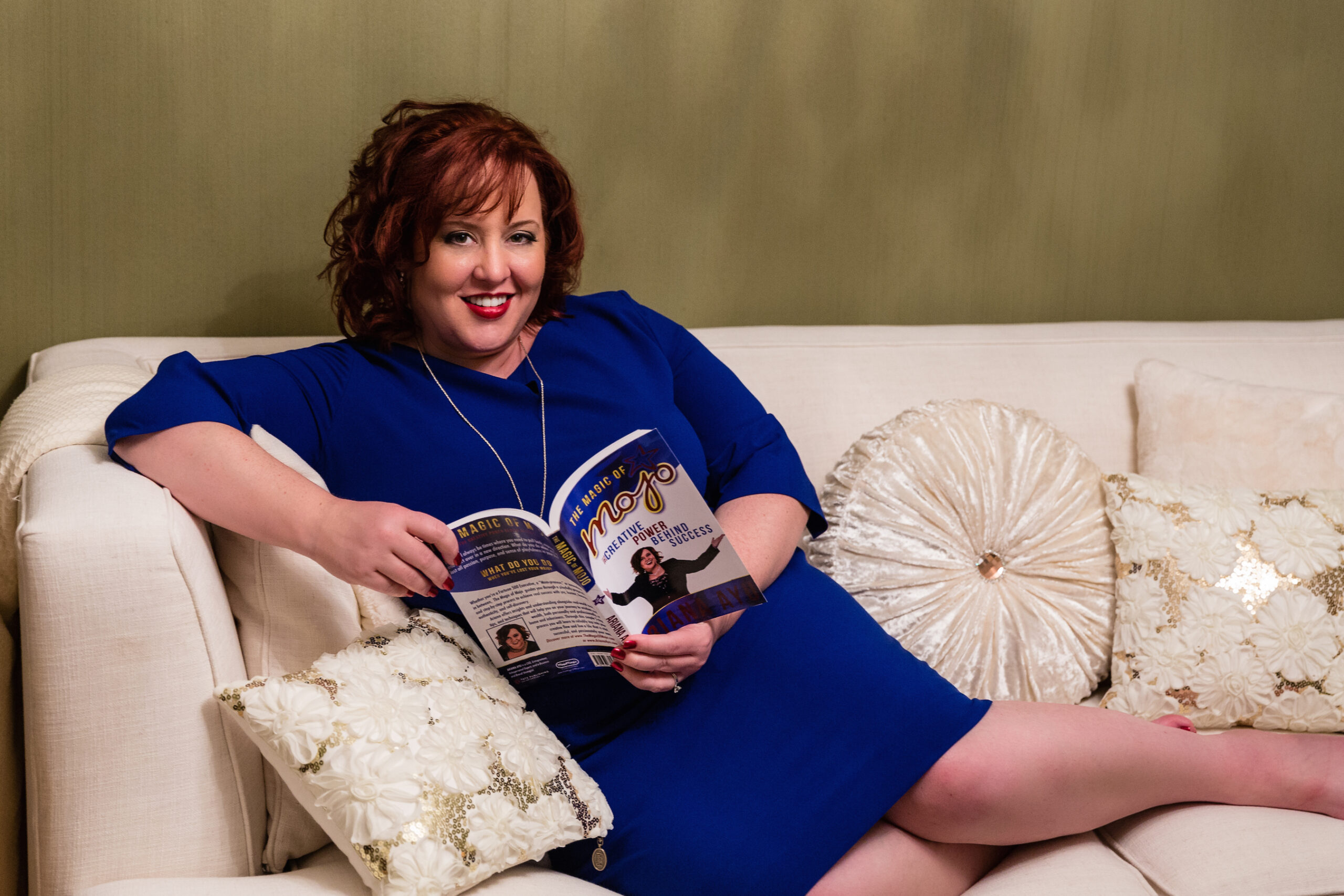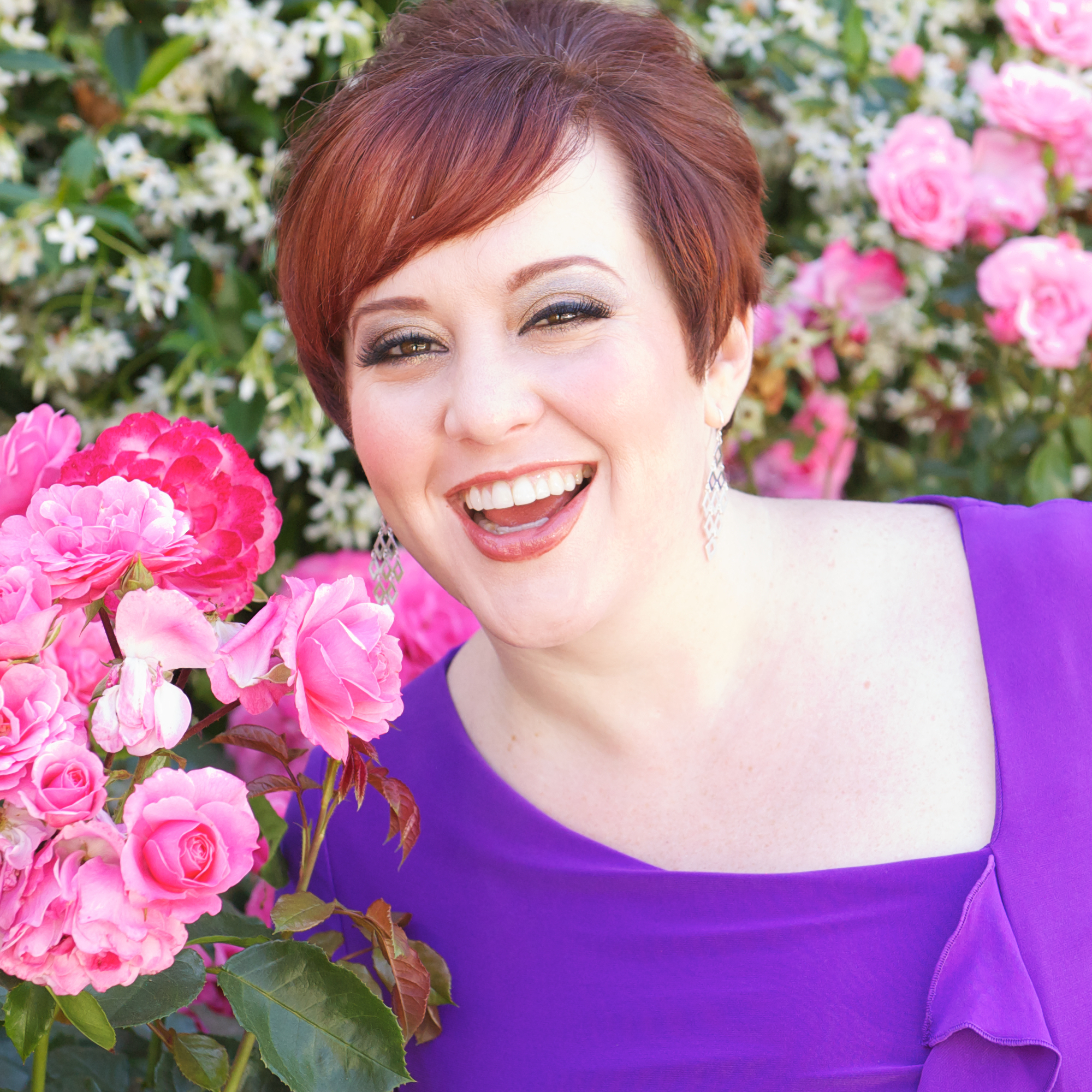
Business Mojo: Why It Pays to Nurture Creative Energy
Businesses need to amp up their mojo just as much as individuals, but what is it really? And how can you get more mojo in your business? (HINT: it’s not about your customers.)
This is part one of a two-part series on Business Mojo.
In my last article, Got Mojo? Why Work/Life Balance is NOT the Answer, you looked at your mojo and hopefully got rid of some beliefs that weren’t serving you about balancing your personal and professional life. Since you now have greater insight into your personal mojo, let’s talk about your business mojo.
Yes, you read that right. A business can have mojo! In fact, it should.
I always define mojo as the creative power behind success, and that’s true whether referring to a person or a business. Mojo is an internal factor that shines through the outside structure (i.e. a human being or a business entity). As an individual, mojo makes you magnetic, attracting people to you who want what you offer. As a business, mojo does the same; attracting talent as well as customers.
Business mojo is a company’s internal magic that creates external success.
It is a direct by-product of your company’s culture and the “secret recipe” for your success.
Why should you care? Because your business mojo is what makes people want to work with you and buy from you. Employees who are happy, engaged, and proud of what they do will be great advocates for your brand. They will be loyal, productive, and efficient, and you won’t flush money down the drain with constant turnover and recruitment costs. Customers who receive incredible service (from your ecstatically engaged employees) and feel like they’re a part of something greater will sing your praises and promote you to their friends. Bottom line: mo’ mojo = mo’ money.
In the beginning, many entrepreneurs believe that their customers are their most important asset, but as great businesses grow, they recognize that their best resources are internal. Whether you know it yet or not, having loyal, engaged personnel is critical to your company’s growth, profitability, and longevity.
It’s not just that your people are your greatest strength… in fact, a Harvard Business review article says your greatest asset is not your people, but how you empower them. According to Virgin Group tycoon Richard Branson “an investment in your employees is an investment in your company.” Putting his money where his mouth is, every year his entire staff participates in an immersive “brand bath.” Over 2 days, they’re trained in emotional intelligence, conflict resolution, creative problem solving, and brand values, while also having the opportunity to have their concerns addressed by top executives.
Both of those examples point to something greater than a training program or set of policies and protocols. They’re talking about mojo. They’re talking about a values-driven corporate culture that is not just theoretical, but solidly put into practice.
So how do you get more mojo into your company’s culture?
Mojo isn’t something you can simply order from a store. You can’t add it to the water cooler and make everyone drink up. You can however, set up systems and policies that support it.
This is part one of a two-part series on Business Mojo. Click here for part two.
This article was originally published on Inc.com in July 2014.

Author, activist, international speaker, multi-preneur, mentor, wife, and mom, Ariana Ayu is a Transformational Mystic and a Catalyst for Conscious Change.
She is the creator and lead educator for the CannyNurse™ Certificate Program, a 50-hour CEU program for nurses from LPNs through doctoral degrees, and the first comprehensive cannabis nurse training program designed for working nurses. An ordained priestess, holistic healer, and lifelong student of ancient/ modern wisdom, Ariana’s nursing background includes pediatrics, labor & delivery, nurse education, and Holistic Health/ Integrative Nurse Coaching.
She earned her MSc in Advancing Nursing Practice from the University of Edinburgh in Scotland (UK), and her Cannabis Nursing Certification from Pacific College of Health and Science.
She is passionate about racial justice, social equity, environmental preservation and conservation, and empowered health, wellness, and joy for all. Her practice is governed by the ethical principles of integrity, nonjudgment, empowerment, and respect for her clients’ autonomy.